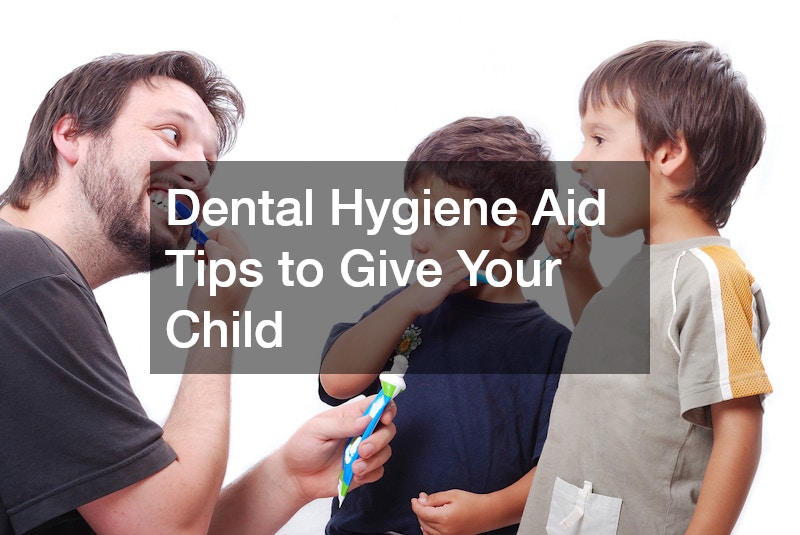When it comes to pediatric dental care, establishing good habits early on is key to maintaining healthy teeth and gums for a lifetime. In this comprehensive guide, we will cover everything you need to know about dental hygiene for kids, from brushing techniques to choosing the right tools and making oral care fun. By following these tips and tricks, you can help your little ones develop a positive relationship with their oral health and prevent common dental issues down the road.
Start Early With Brushing Habits
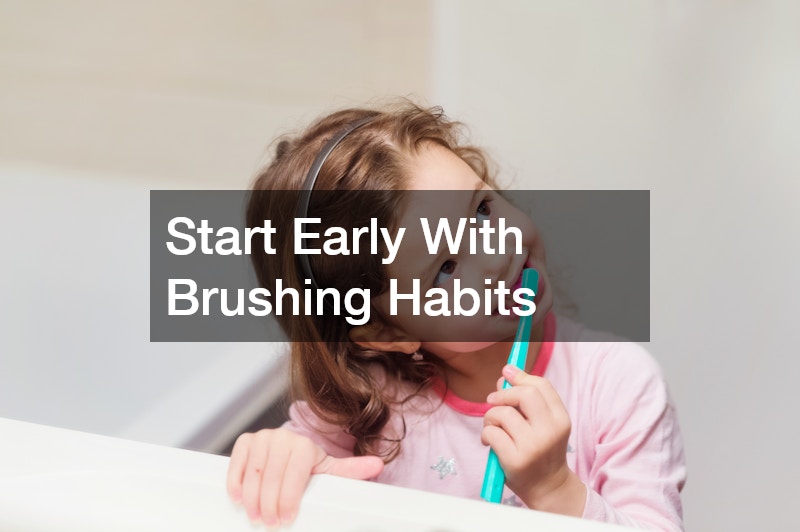
Visiting a childrens dentist regularly is crucial for maintaining your child’s oral health. These specialists are trained to work specifically with kids and can help ensure that their teeth are developing properly. In addition to professional care, teaching your child how to brush their teeth correctly at a young age is essential. By using a dental hygiene aid such as a child-friendly toothbrush and toothpaste, you can instill good oral hygiene habits early on.
Regular dental cleanings are also important for kids, as they can remove plaque and tartar buildup that regular brushing may miss. By establishing a routine with your child’s dental cleaning service, you can help prevent cavities and other oral health issues. Encouraging your child to brush their teeth at least twice a day and floss regularly can go a long way in maintaining a healthy smile.
Children with sensitive teeth may need special care when it comes to oral hygiene. Using a soft-bristled toothbrush and toothpaste designed for sensitive teeth can help alleviate discomfort during brushing. Be sure to consult with your child’s dentist to determine the best tools and techniques for their individual needs.
Establish a Routine
When it comes to dental hygiene aid for kids, consistency is key. Establishing a routine that includes regular brushing and flossing can help set your child up for a lifetime of good oral health. By making dental care a part of their daily routine, you can help them develop healthy habits that will last a lifetime.
When choosing tools for your child’s oral care routine, make sure to select ones that are appropriate for their age and dental needs. A children’s dentist can provide guidance on the best toothbrush, toothpaste, and floss for your child. By following their recommendations, you can ensure that your child’s teeth are getting the proper care they need.
In addition to regular brushing and flossing, it’s important to monitor your child’s diet to ensure they are getting the nutrients they need for healthy teeth and gums. Avoiding sugary snacks and drinks can help prevent cavities and decay, while encouraging foods high in calcium and vitamin C can promote strong teeth and gums.
Choosing the Right Tools
When it comes to dental hygiene aid, selecting the right tools can make all the difference. Children with sensitive teeth may benefit from a softer toothbrush or toothpaste that is designed to be gentle on enamel. For kids who struggle with traditional flossing, there are alternative tools available, such as floss picks or water flossers, that can make the process easier and more effective.
Visiting a family dentistry office can also provide additional resources for choosing the right tools for your child’s dental care. These professionals can recommend products that are specifically designed for children and address any concerns you may have about their oral health. By investing in quality dental hygiene, you can help your child maintain a healthy smile for years to come.
When selecting oral care products for your child, look for those that are approved by the American Dental Association (ADA). These products have been rigorously tested for safety and effectiveness, ensuring that they meet the highest standards for dental hygiene. By using ADA-approved tools, you can have peace of mind knowing that your child’s oral health is in good hands.
Flossing Techniques for Kids
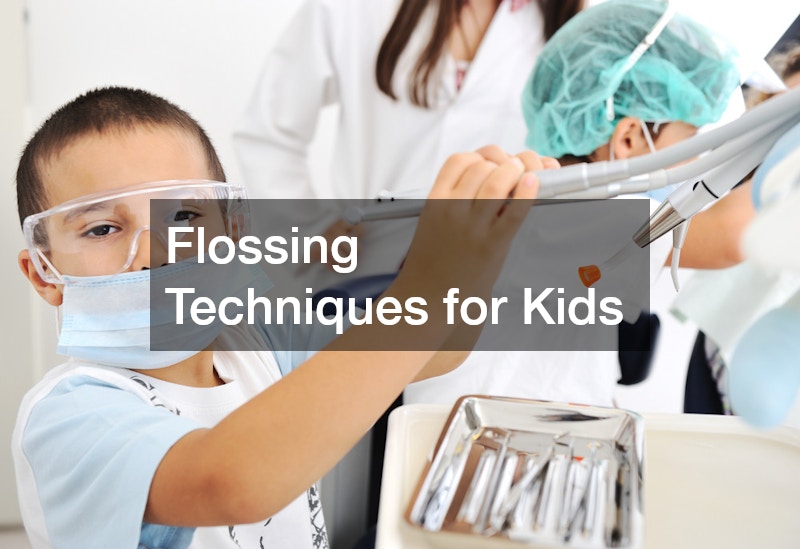
Family dentistry professionals recommend that kids start flossing as soon as they have two teeth that touch. Flossing helps remove food particles and plaque from between teeth, reducing the risk of cavities and gum disease. Teaching children proper flossing techniques at a young age can set them up for a lifetime of healthy oral hygiene habits.
There are several flossing aids available that can make the process easier for kids. Floss picks, for example, are a convenient tool that can help children reach between their teeth more easily. Water flossers are another option that uses a stream of water to clean between teeth, making flossing less tedious and more effective.
Encouraging your child to floss regularly, in addition to brushing, can help ensure that their teeth and gums stay healthy and strong. By incorporating flossing into their daily routine, you can help prevent cavities and gum disease, keeping their smile bright and beautiful.
Making Dental Hygiene Fun
Good oral hygiene doesn’t have to be a chore – it can be fun! There are many ways to make dental care enjoyable for kids, from using colorful toothbrushes and toothpaste to incorporating games and songs into their brushing routine. By making oral care a positive experience, you can help your child develop good habits that will last a lifetime.
Visiting a general dentistry office that specializes in pediatric care can also help make dental hygiene aid fun for kids. These professionals often have kid-friendly waiting rooms and staff who are trained to work with children, creating a welcoming environment that can ease any fears or anxieties your child may have about visiting the dentist. By making dental appointments a positive experience, you can help your child feel more comfortable with oral care.
Another way to make dental hygiene fun is to reward your child for taking care of their teeth. Create a sticker chart or reward system for brushing and flossing, and offer small incentives for completing their oral care routine. By making oral hygiene a game, you can instill good habits in your child while making the process more enjoyable for both of you.
Healthy Eating Habits
In addition to brushing and flossing, maintaining a healthy diet is essential for good dental hygiene aid. Foods high in sugar and carbohydrates can contribute to tooth decay and cavities, while foods rich in calcium and vitamin C can help strengthen teeth and gums. By encouraging your child to eat a balanced diet, you can help protect their oral health and overall well-being.
When selecting snacks for your child, opt for nutritious options such as fruits, vegetables, and dairy products. These foods not only provide essential vitamins and minerals for strong teeth and gums but also help stimulate saliva production, which can wash away food particles and bacteria that cause tooth decay. Avoiding sugary snacks and drinks can help prevent cavities and promote a healthy smile.
Regular visits to an orthodontic care service can also help ensure that your child’s teeth are developing properly and catch any issues early on. These specialists can provide guidance on how to maintain good oral hygiene during orthodontic treatment and monitor your child’s progress to ensure the best outcomes. By working with an orthodontist, you can help your child achieve a healthy, beautiful smile that lasts a lifetime.
The Importance of Regular Dental Visits
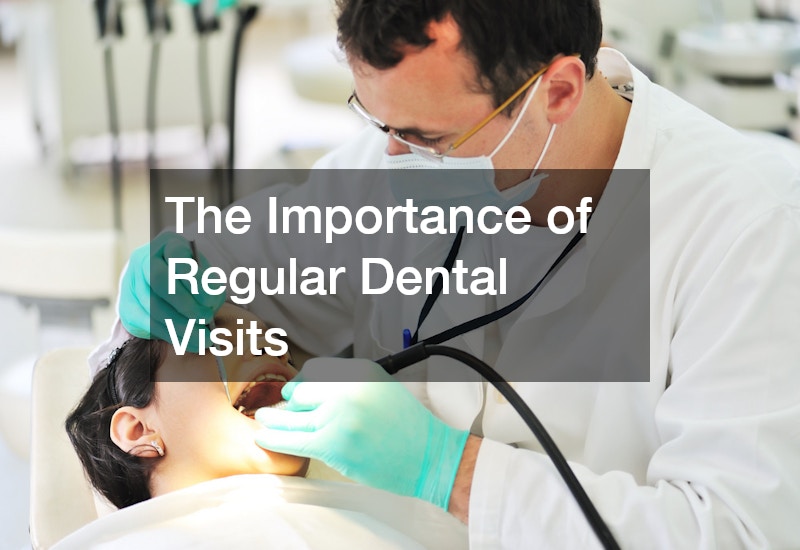
While practicing good dental hygiene aid at home is essential, regular visits to the dentist are also important for maintaining your child’s oral health. Visiting an emergency dentists office for routine check-ups and cleanings can help catch any issues early on and prevent more serious problems down the road. By scheduling regular dental visits, you can ensure that your child’s teeth are getting the professional care they need.
A family dentist can provide comprehensive care for your child’s oral health, from cleanings and check-ups to treatments for common dental issues. These professionals are trained to work specifically with kids and can help make dental appointments a positive experience for your child. By working with a family dentist, you can help ensure that your child’s teeth stay healthy and strong for years to come.
Regular dental visits also give your child the opportunity to learn about the importance of oral hygiene and ask any questions they may have about their dental health. By involving them in their own care, you can empower your child to take charge of their oral health and develop good habits that will last a lifetime.
Teaching the Importance of Mouthwash
In addition to brushing and flossing, using mouthwash can be a helpful tool in maintaining good oral hygiene for kids. Mouthwash can help kill bacteria that cause bad breath and plaque buildup, reducing the risk of cavities and gum disease. Introducing your child to mouthwash at a young age can help them develop good habits that will benefit their oral health for years to come.
When selecting a mouthwash for your child, look for products that are specifically designed for kids and are alcohol-free. These products are gentle on teeth and gums and can be less harsh for young mouths. A local dentist can provide recommendations for mouthwash that is safe and effective for your child’s oral health needs.
Incorporating mouthwash into your child’s dental hygiene aid routine can help provide an extra layer of protection against oral health issues. By using mouthwash in addition to brushing and flossing, you can help keep your child’s mouth clean and fresh, promoting healthy teeth and gums.
Addressing Fears of the Dentist
It’s not uncommon for children to feel anxious about visiting the dentist, but there are ways to help ease their fears. A family dentist is specially trained to work with kids and can provide a supportive and welcoming environment that can help alleviate any anxieties your child may have. By addressing their fears and concerns openly, you can help your child feel more comfortable with dental care.
Another strategy for addressing fears of the dentist is to explain what will happen during the visit and answer any questions your child may have. Knowing what to expect can help reduce anxiety and make the experience less intimidating. Encouraging your child to ask questions and talk about their feelings can also help them feel more in control of the situation.
Leading by example is another effective way to help your child feel more comfortable with dental care. By demonstrating good oral hygiene habits and maintaining a positive attitude about visiting the dentist, you can set a positive example with dental hygiene aid for your child and show them that dental care is nothing to be afraid of.
Leading by Example
As a parent, you play a crucial role in teaching your child about the importance of oral hygiene. By leading by example and demonstrating good oral care habits, you can help instill a lifelong commitment to healthy teeth and gums in your child. Brushing and flossing together as a family can make oral hygiene a fun and bonding experience.
When it comes to setting a good example, visiting a family dentistry service regularly is essential. These professionals can provide guidance on maintaining good oral health for the whole family and offer tips and tricks for healthy smiles. By working with a family dentistry service, you can ensure that your child receives comprehensive care that meets their individual needs.
Incorporating dental hygiene aid into your family’s daily routine can help make dental hygiene aid a priority for everyone. By encouraging good habits and providing a supportive environment, you can help your child develop a positive attitude toward oral health and ensure that their teeth and gums stay healthy and strong.
Recognizing Dental Issues Early
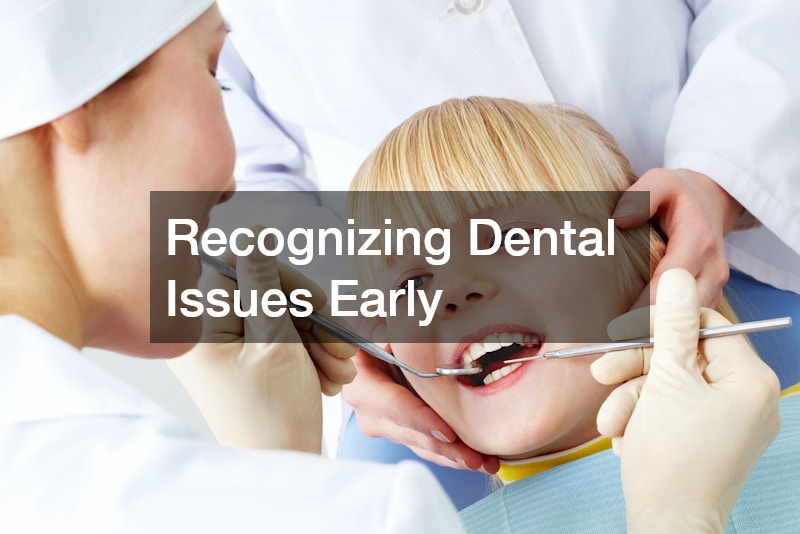
Early detection is key when it comes to dental hygiene aid in preventing serious dental issues. By recognizing common signs of dental problems, such as tooth pain, sensitivity, or bleeding gums, you can take action early on and prevent more serious issues from developing. Teaching your child to recognize these signs can help them advocate for their own oral health.
Regular visits to a family dentist can also help catch any dental issues early on and prevent them from worsening. These professionals are trained to look for signs of common problems and provide treatment to address them effectively. By monitoring your child’s oral health and addressing any concerns promptly, you can help maintain a healthy smile for years to come.
Addressing dental issues early can help prevent more serious problems down the road and save your child from unnecessary pain and discomfort. By being proactive about your child’s oral health and seeking treatment when needed, you can help ensure that their teeth and gums stay healthy and strong.
Dental hygiene aid for kids is essential for maintaining healthy teeth and gums from an early age. By starting early with brushing habits, establishing a routine, and choosing the right tools, you can help your child develop good oral hygiene habits that will last a lifetime. Making dental hygiene fun, encouraging healthy eating habits, and teaching the importance of regular dental visits are also key components of a comprehensive oral care routine. By addressing fears of the dentist, leading by example, and recognizing dental issues early, you can help your child achieve a healthy smile that shines bright for years to come.
